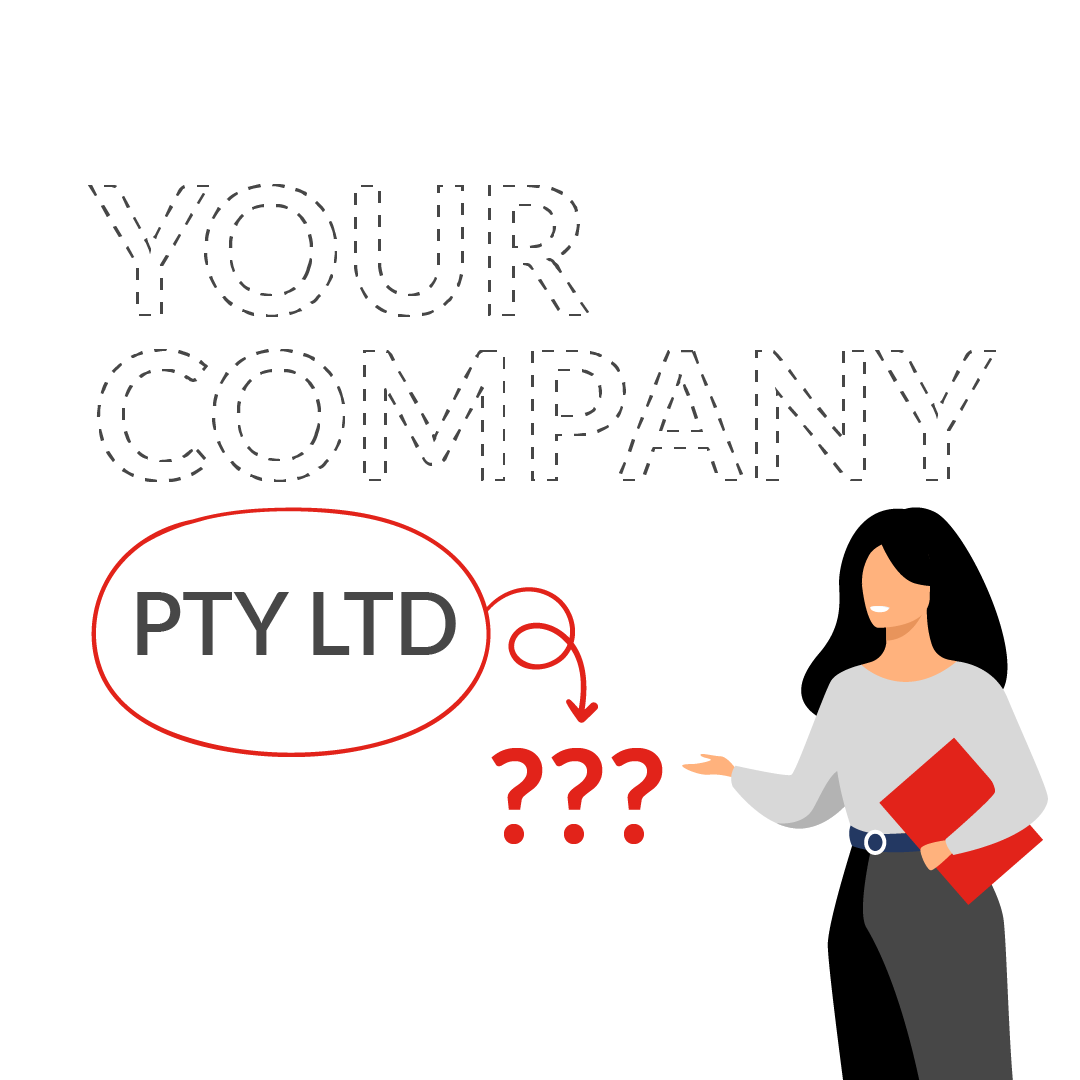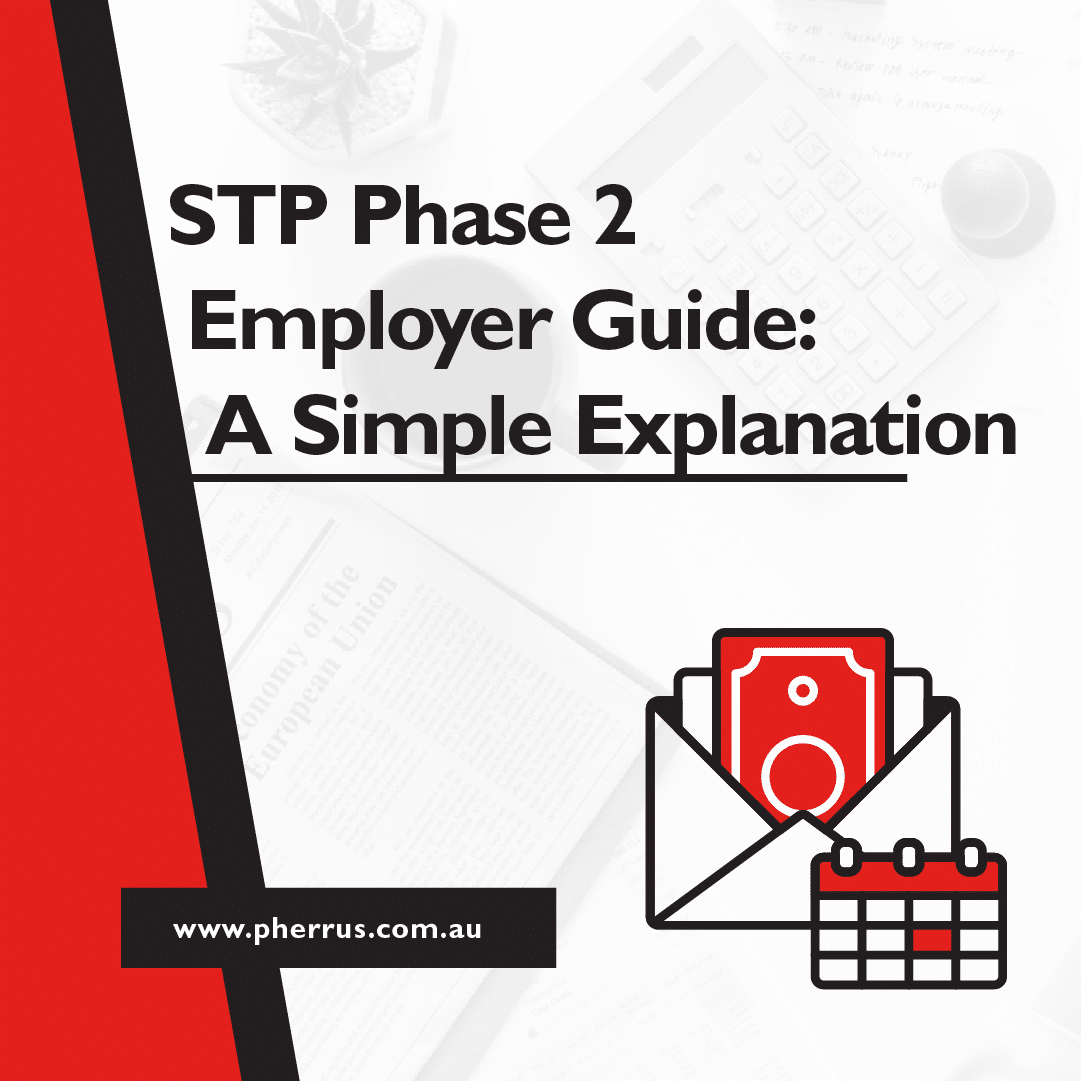We often see the abbreviation Pty Ltd tacked on the end of the names of many companies.
We can probably say with some confidence that most people don’t give those six little letters a second thought, if they ever notice them at all. As a business owner, however, this small collection of letters can have big consequences.
The decision as to whether to have your company bear the distinction of being a proprietary limited company could change the course of your professional life and the real-world implications come along with a slew of advantages and challenges.
Establishing a Proprietary Limited company also requires some legwork. A legally acceptable company name needs to be chosen, the company will need to be registered and a governance structure established.
In this article, we will give you a brief idea as to what all that entails. In addition, we provide an explanation as to what ‘Proprietary Limited’ means in the context of establishing a new company here in Australia.
The Nuts and Bolts
How does a Pty Ltd company work and what does Pty Ltd mean ?
These are the most fundamental questions you can ask about a Pty Ltd and the most consequential when it comes to deciding on forming one in the first place.
Pty Ltd stands for Proprietary Limited’, but let’s take a moment to break these two words down.
What does ‘Proprietary’ mean ?
Proprietary means that the business is private and is owned by only a small group of people or one person.
This distinguishes companies that carry the Pty Ltd moniker from those that only have Ltd behind their name.
Ltd companies can be public and offer shares to be traded on the Australian Stock Exchange (ASX).
When this happens, companies are selling ownership of the business along with a potential share of the profit.
This can be done to raise funds and resources to operate or expand the business and in effect creates thousands of individual owners.
What does ‘Limited’ mean ?
The “Limited” in Pty Ltd means a couple of things. It indicates that the liabilities of the owner are just that… limited.
An owner cannot personally lose more than they have invested in the company. The number of persons who can own shares in a Pty Ltd is also restricted and at the time of this writing is limited to 50.
Now let’s bring these two words together to show how Pty Ltd entities benefit the owners.

The Function
Business owners establish a Pty Ltd to create a separation between them as an individual (or individuals) and the operation of the business.
The company’s debts and liabilities are the company’s debts and liabilities and the owner’s obligations are separate and apart from that. In effect, the company has a distinct legal life outside of its owners.
This allows the company to function and exist as a natural person of sorts.
It can go bankrupt and incur debts, it can bring a lawsuit against an individual or another business and can, in turn, be sued.
All of this can occur outside of the personal life of the owners.
There are also financial benefits to operating a Pty ltd. This includes the fact that profits made by the company can be taxed at a lower percentage than the individual tax rate.
This does not mean, though, that the owners are absolved of any personal responsibility.
The benefits enjoyed by having a Pty limited company places additional legal obligations on owners which they must comply with under the Corporations Act.
Failure to do so may leave them open to formal action by the Australian Securities and Investments Commission.
The Ownership
When it comes to Pty Ltd, Australia has some strict guidelines surrounding the governance of companies with this distinction.
While the officers of the company (the owners) are considered shareholders, the company must remain private, meaning it cannot offer shares for sale to the public.
Companies that are sole proprietors (have a single shareholder) do not need a formal structure but when two or more players are involved, a set of rules by which the company will be governed needs to be established.
It is at this stage where owners solidify their investment in the company. Outlining each individual’s financial obligation and duties now is important as it can get messy trying to navigate these potentially treacherous waters as time goes on.
All of this needs to be done in addition to setting up a share register that contains information about the owners of the company and how that ownership is divided.
The register not only includes information about the members but their personal details and their holdings as well.

Officeholders
Before registering your company, you need to decide who the officeholders of your company will be.
Pty Ltd Australia companies must have at least one director who is a resident of Australia and may or may not need to have a secretary.
Each officeholder carries with it some legal responsibilities when it comes to ensuring that the company is operating in compliance with the law and producing reports among other things.
So it goes without saying that the officers need to be over the age of 18.
All of the steps mentioned above are pivotal moments where experts like us at Pherrus Financial Services need to enter the picture.
At this moment in time, you will need to find professional advice that takes into account your circumstances for personalised solutions.
Choosing a Name
As mentioned before, the Pty Ltd meaning carries with it some real-world consequences. As a result when doing business it is in your best interest to announce its legal designation.
This is done by including ‘Proprietary Limited’ or ‘Pty Ltd’ in its name.
Business owners sometimes operate under the false assumption that registering a business name is the same as registering a Pty Ltd.
A business name does not create a separate legal entity, nor does it offer access to the privileges like the lower tax rate or limited liability.
However, a company can have both a business name and a company name. The company name is the official name registered with ASIC and used on official documents and has the words ‘Proprietary Limited’ or Pty Ltd at the end.
Size Matters
The law around the establishment of a Pty Ltd can get complicated. It distinguishes between small and large businesses based on a few factors.
Your company may be considered small if it meets two of the following measures :
- its annual revenue is below $50 million;
- its total assets are less than $25 million; or
- you are operating with less than 100 employees.
This matters because the accounting and reporting obligations are different for large Pty Ltd companies versus smaller ones.
While small companies still must keep records and report to the Australian Taxation Office, large corporate companies have annual reports to prepare and are required to be audited each year by ASIC.
Other Requirements
As of this writing ASIC requires the payment of a one-off incorporation fee of $506 to incorporate a Pty Ltd company.
After that, an annual review fee of $273 on the anniversary of the company’s incorporation will be required.
Generally, these fees are subject to change each financial year. On the 1st of July of ever year businesses should expect a price increase by ASIC.
You are also required to have a registered office as well as a principal place of business in order to receive documents from the public and regulatory agencies.
Get Expert Assistance
Hopefully, this gives you more clarity on what a Pty Ltd company is and how they operate.
These are only a few of the moving parts that need to be navigated when establishing a company in Australia.
This can be a tricky field to traverse even for those who have gone through the process once before . As such it is strongly advised that you seek out a quality expert.
If you are interested in establishing a Pty Ltd company, reaching out to us at Pherrus Financial Services would be a smart investment of your time and money.
Our team is made up of some of the top business tax accountants, tax agents and accounting specialists in Sydney, all with long standing experience.
The multidisciplinary nature of our team ensures that you are immediately made aware of the economic, legal and financial environment affecting you and your business.
Pherrus can help with the company’s formation as well as general business tax compliance and develop a customised taxation strategy for your company.
This is what sets our service apart from a run of the mill accounting firm.
Schedule a consultation through the contact form on our website or give us a call on 02 9099 9109 today.





